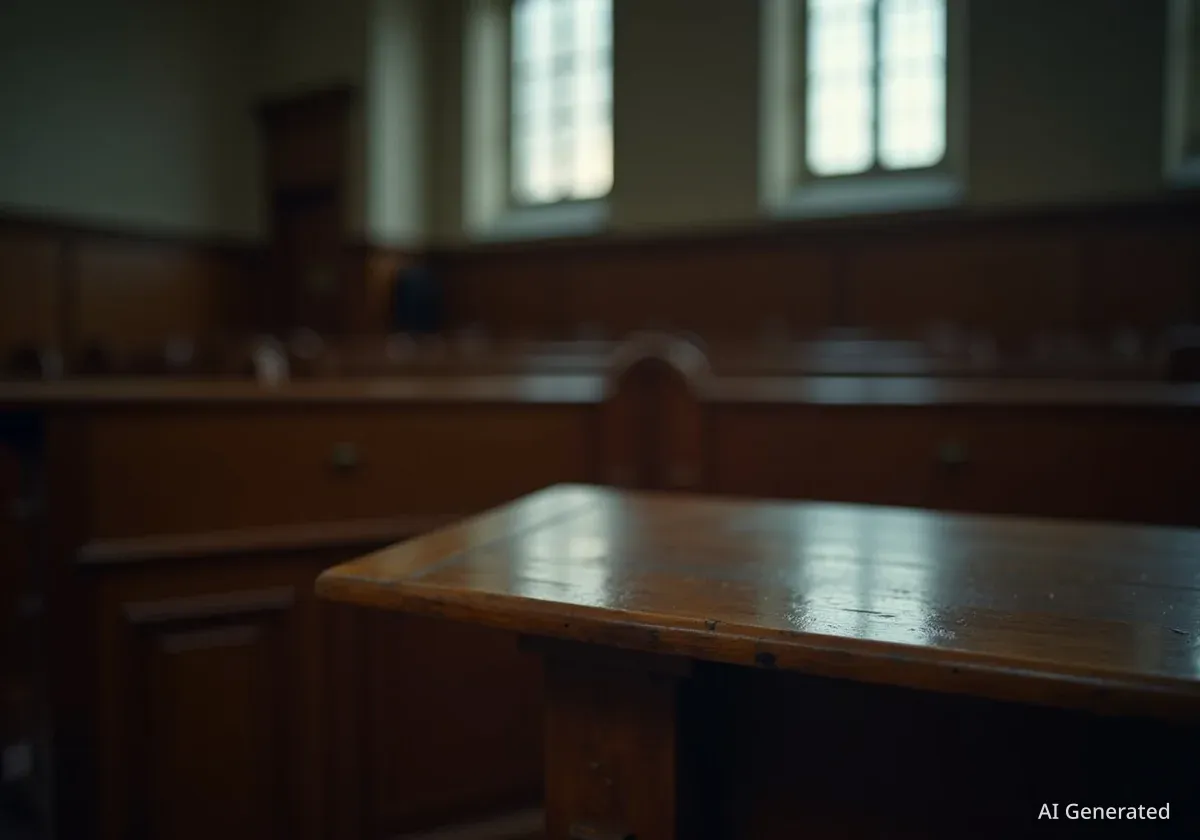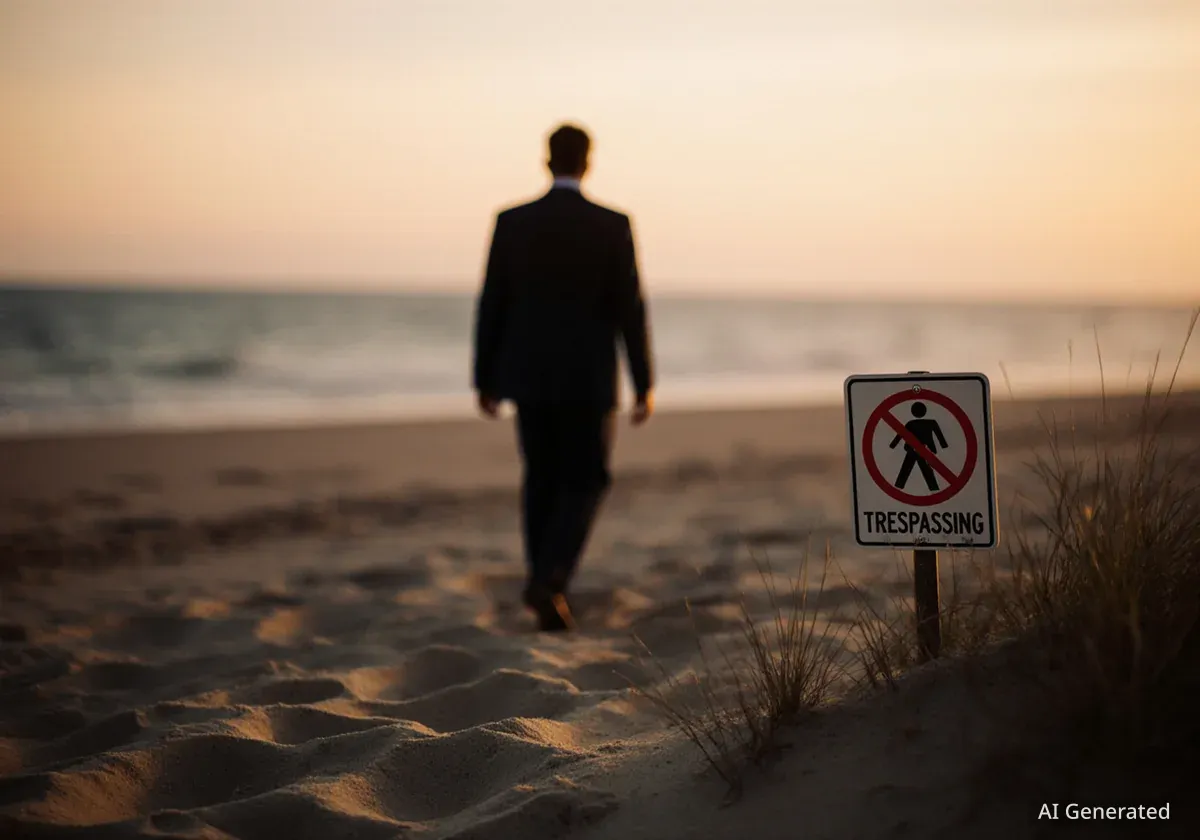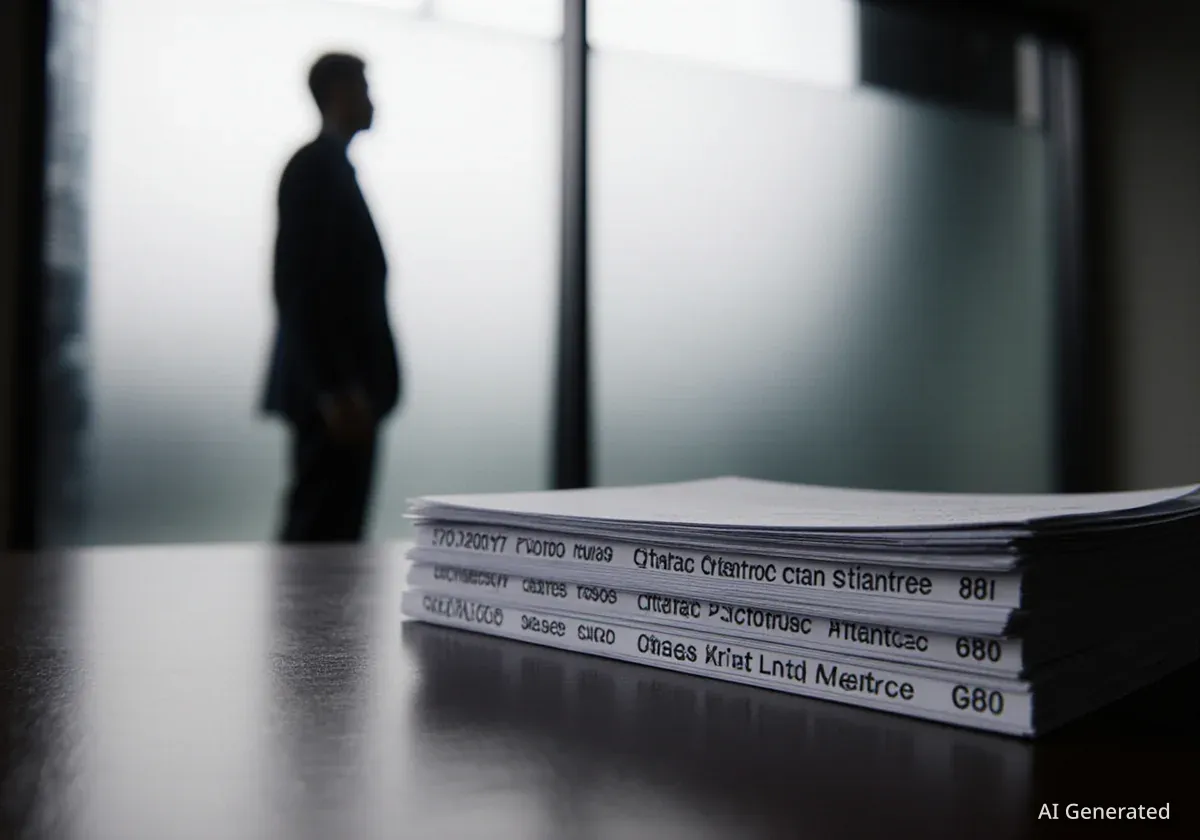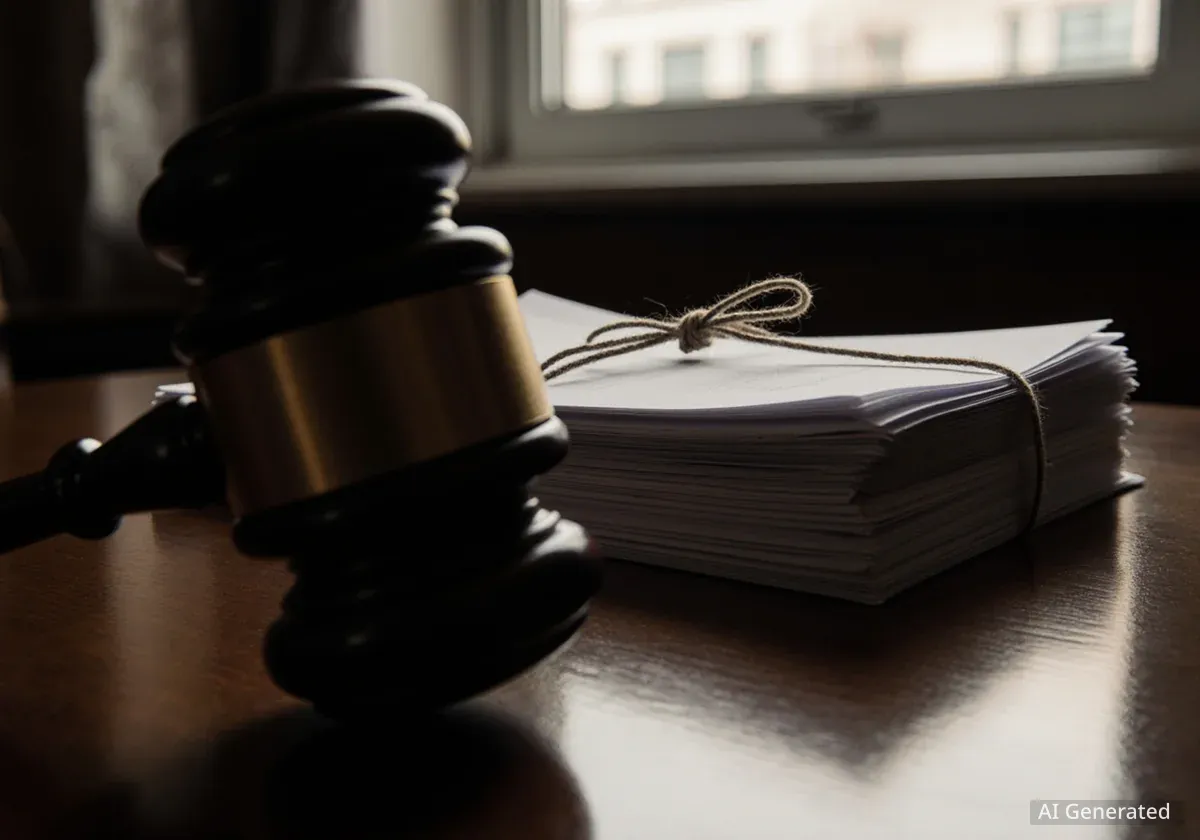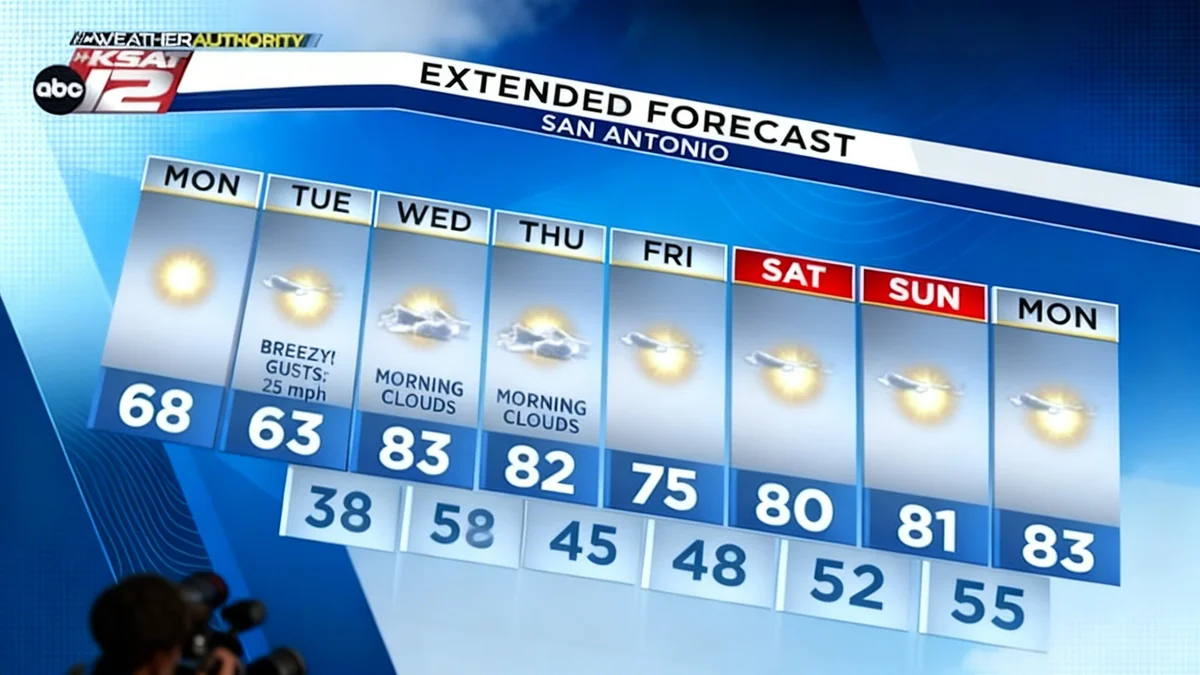A Minneapolis courtroom heard tense testimony Monday as Elsa Segura, a former probation agent already convicted in the 2019 kidnapping of real estate agent Monique Baugh, took the stand to testify against her ex-boyfriend, Lyndon Wiggins. Segura, who is serving a 20-year sentence, was compelled to appear in Wiggins's retrial, where he faces charges as the alleged mastermind behind the plot that led to Baugh's murder.
Key Takeaways
- Elsa Segura, already serving a 20-year sentence for kidnapping, testified against her former boyfriend, Lyndon Wiggins.
- Segura admitted to luring Monique Baugh to a phony house showing at Wiggins's direction.
- The prosecution argues Wiggins orchestrated the plot as revenge against Baugh's boyfriend, Jon Mitchell-Momoh.
- The defense claims Wiggins was not involved and that Segura acted with the two men already convicted of the murder.
A Reluctant Witness Takes the Stand
Elsa Segura appeared in court not as part of a plea deal, but under a subpoena that legally required her to testify. Her demeanor on the stand was described as hesitant, with many of her responses to prosecutors' questions being "I don't remember."
Despite her professed memory lapses, Segura confirmed a critical piece of evidence for the prosecution: a voicemail left for Monique Baugh. She admitted to making the call that set up a fake house showing in Maple Grove, a crucial step in the kidnapping plot. Segura testified that Wiggins provided her with a burner phone, Baugh's number, and a script of what to say.
To avoid being traced, she said Wiggins instructed her to make the call from a Cub Foods in Coon Rapids, far from her home. When asked why she did it, Segura claimed Wiggins gave her no explanation for the unusual request at the time.
Background of the Case
On New Year's Eve 2019, real estate agent Monique Baugh was lured to a house showing where she was abducted. She was later found shot to death in a Minneapolis alley. Her boyfriend, Jon Mitchell-Momoh, was also shot and wounded at his home earlier that day. Two men, Cedric Berry and Berry Davis, were convicted in 2021 for their roles in carrying out the kidnapping and murder.
Competing Theories of the Crime
The prosecution's case centers on the theory that Lyndon Wiggins was the architect of the entire scheme. They allege his motive was revenge against Baugh's boyfriend, Jon Mitchell-Momoh, a rival in the music industry whom Wiggins blamed for a previous drug arrest.
Segura's testimony appeared to support this narrative. She told the court that Wiggins and Mitchell-Momoh "had a disagreement," adding a personal dimension to the prosecution's claims.
"They had a disagreement, but I didn't know that I would be used," Segura testified, suggesting she was an unwitting pawn in a larger conflict orchestrated by Wiggins.
The Defense's Counter-Argument
In contrast, Wiggins's defense attorney, Sarah Gad, presented a different version of events during her opening statement. Gad argued that Wiggins had no involvement whatsoever. Instead, she placed the blame squarely on Segura, Cedric Berry, and Berry Davis, claiming they were the ones who hatched the plan together.
However, under questioning from the prosecution, Segura directly contradicted this claim. She testified that she had never met either Cedric Berry or Berry Davis. She also stated she did not know the victim, Monique Baugh, personally. This testimony directly challenges the defense's attempt to distance Wiggins from the convicted perpetrators.
Legal Standing
Elsa Segura pleaded guilty to one count of kidnapping in 2023, receiving a 20-year prison sentence. Her plea agreement did not include a requirement to testify against Wiggins, which is why she had to be formally subpoenaed and compelled by the judge to take the stand in the current retrial.
The Burner Phone and the Setup
A significant portion of the testimony focused on the logistics of the setup. The use of a burner phone is a classic method to obscure one's identity and location, and the prosecution is using it to paint a picture of a premeditated and carefully planned crime.
Segura's admission that Wiggins provided the phone and the instructions is a cornerstone of the state's case against him. It directly links him to the initial act of luring Baugh, which set the tragic events of that day in motion. Her statement that she was told to call from a specific public location further suggests an effort to conceal the plan's origins.
The prosecution has played the voicemail multiple times for the jury, cementing the sound of Segura's voice in their minds. Her confirmation that it was her on the recording, acting on Wiggins's orders, provides a powerful connection between the defendant and the crime's execution.
What Lies Ahead in the Trial
Segura's testimony is scheduled to continue Tuesday, when she will face cross-examination from Wiggins's defense team. This will be a critical moment, as the defense will likely attempt to discredit her, highlight her memory issues, and emphasize her own conviction in the case to portray her as an unreliable witness.
The prosecution is reportedly nearing the end of its case. After they rest, a key question remains: will the defense call the other convicted co-defendants to the stand? Bringing Cedric Berry and Berry Davis to testify would be a high-risk, high-reward strategy. Their testimony could potentially corroborate the defense's theory that Wiggins was not involved, or it could backfire and further implicate him.
The jury is now left to weigh the testimony of a convicted accomplice against the defense's claims of a setup. As the trial progresses, the court will continue to piece together the events that led to the death of Monique Baugh, with the testimony of those already involved playing a central role in determining the fate of the man accused of being the mastermind.

